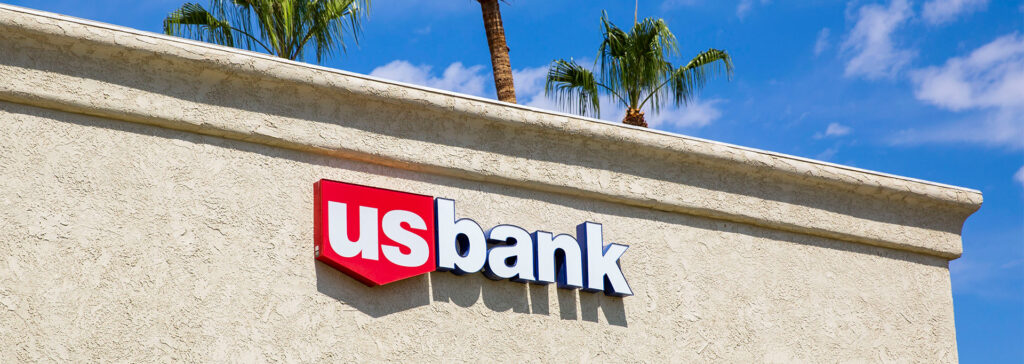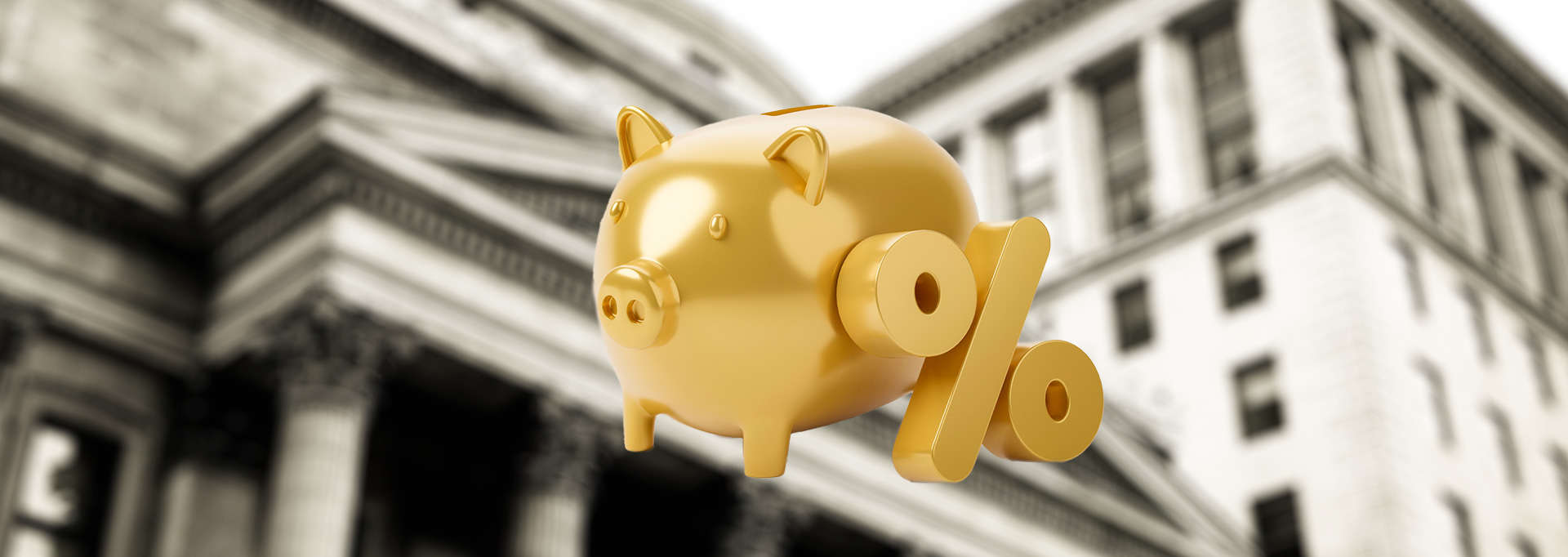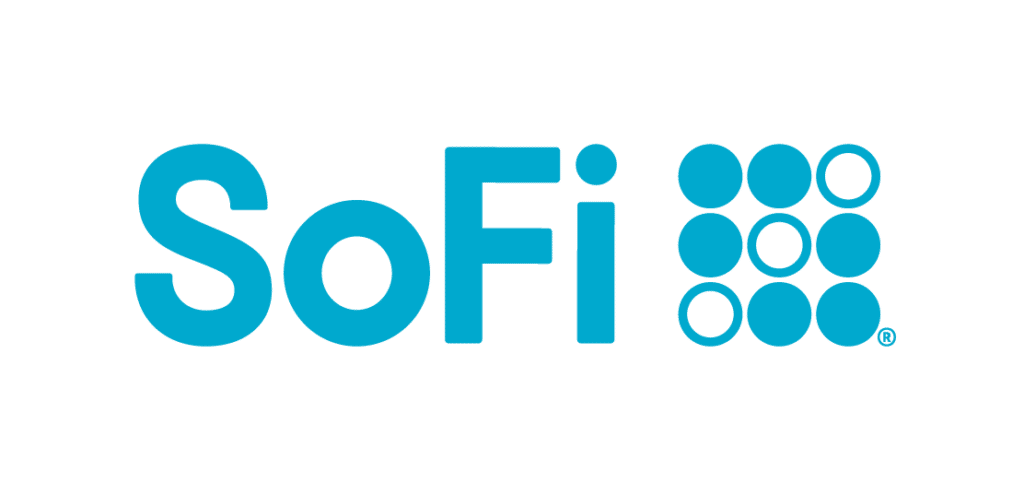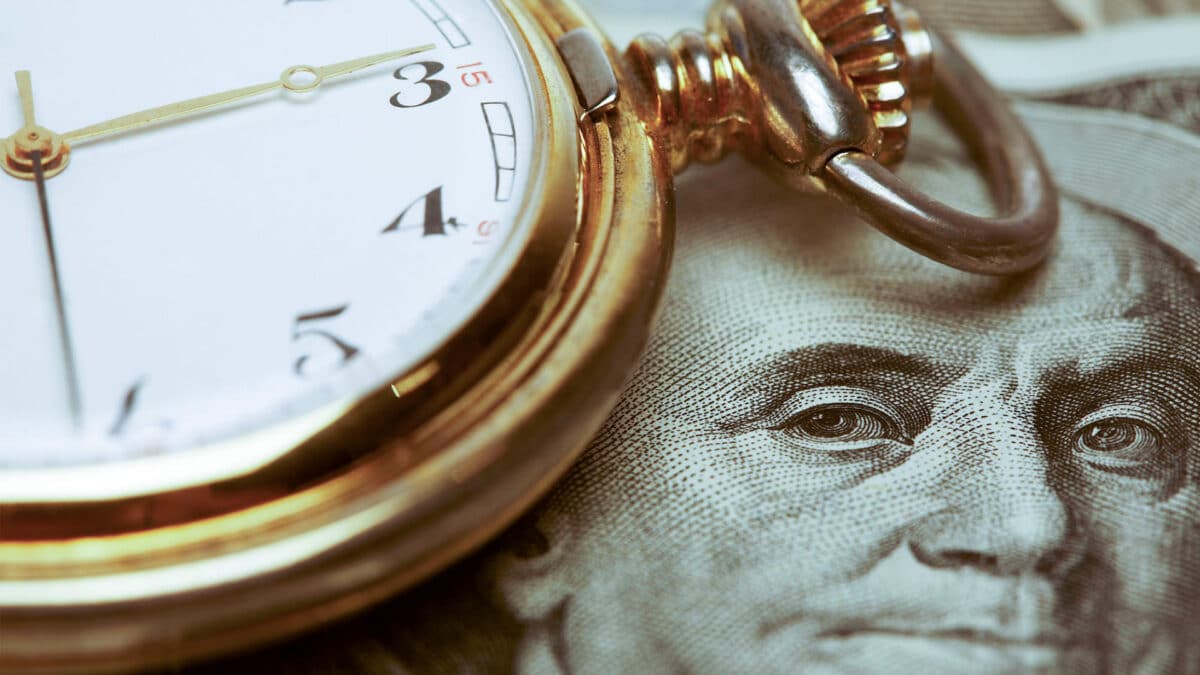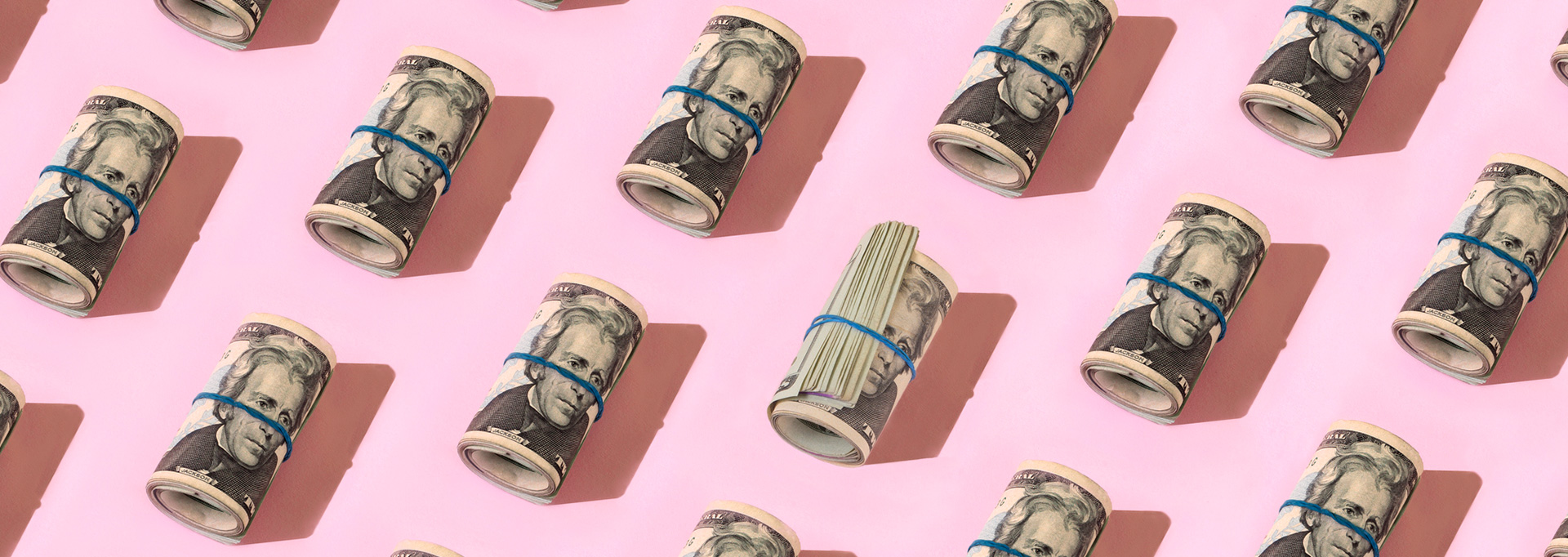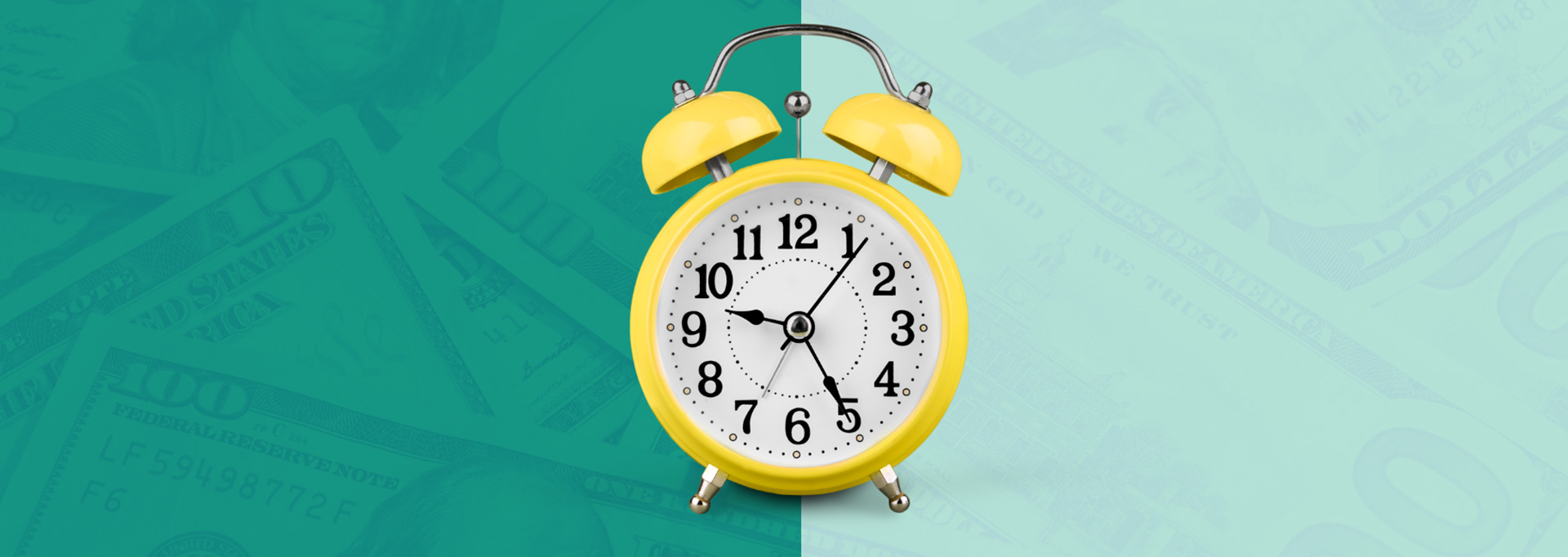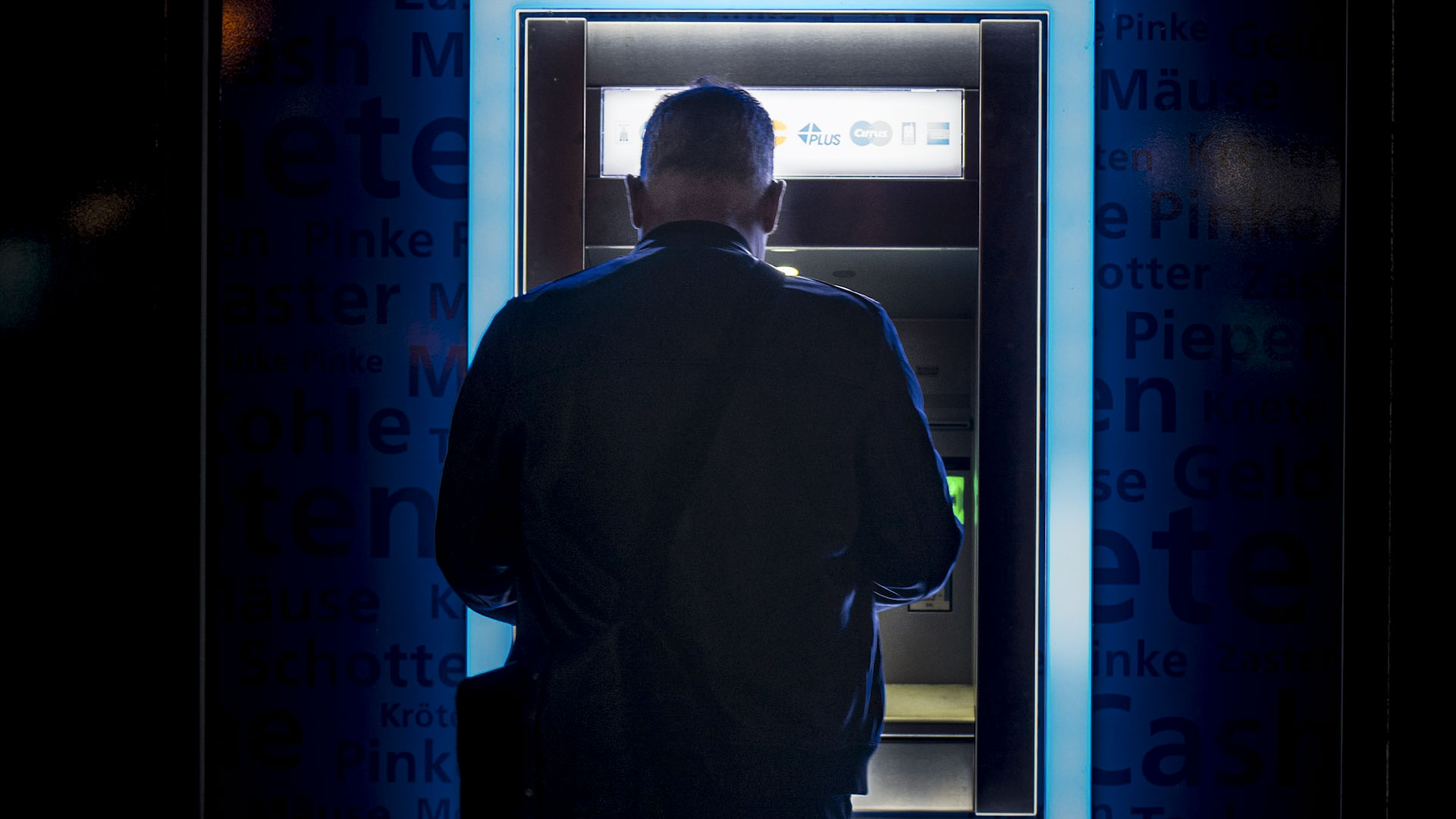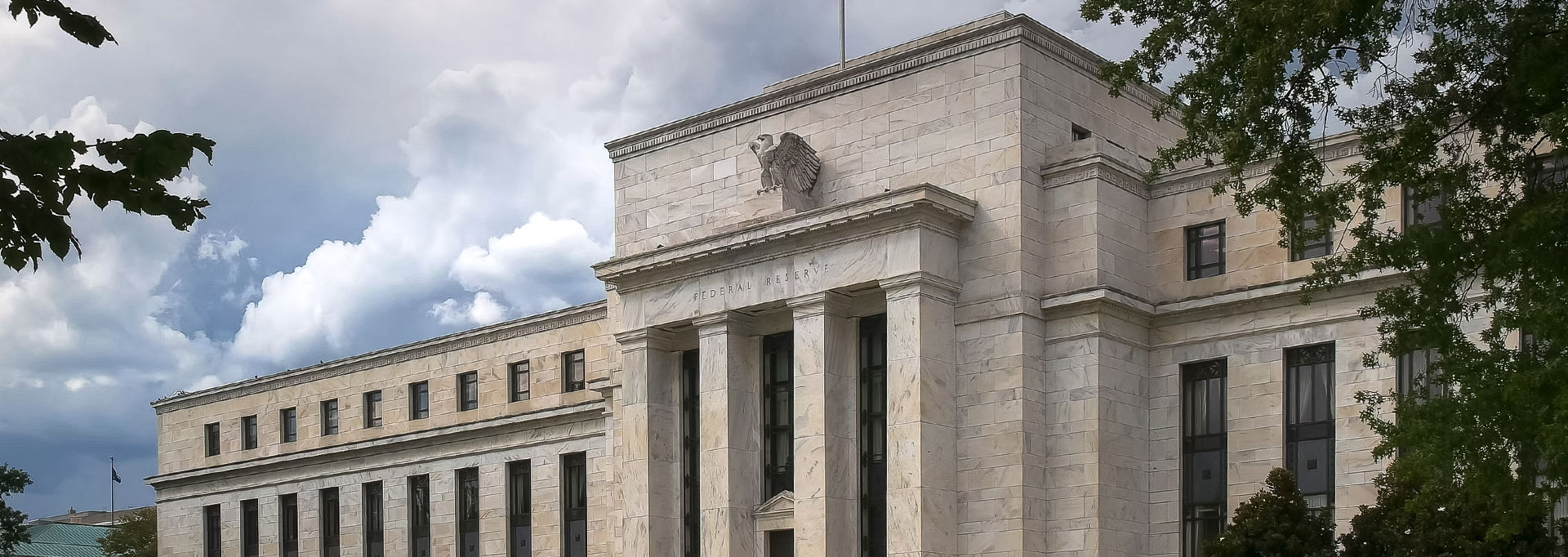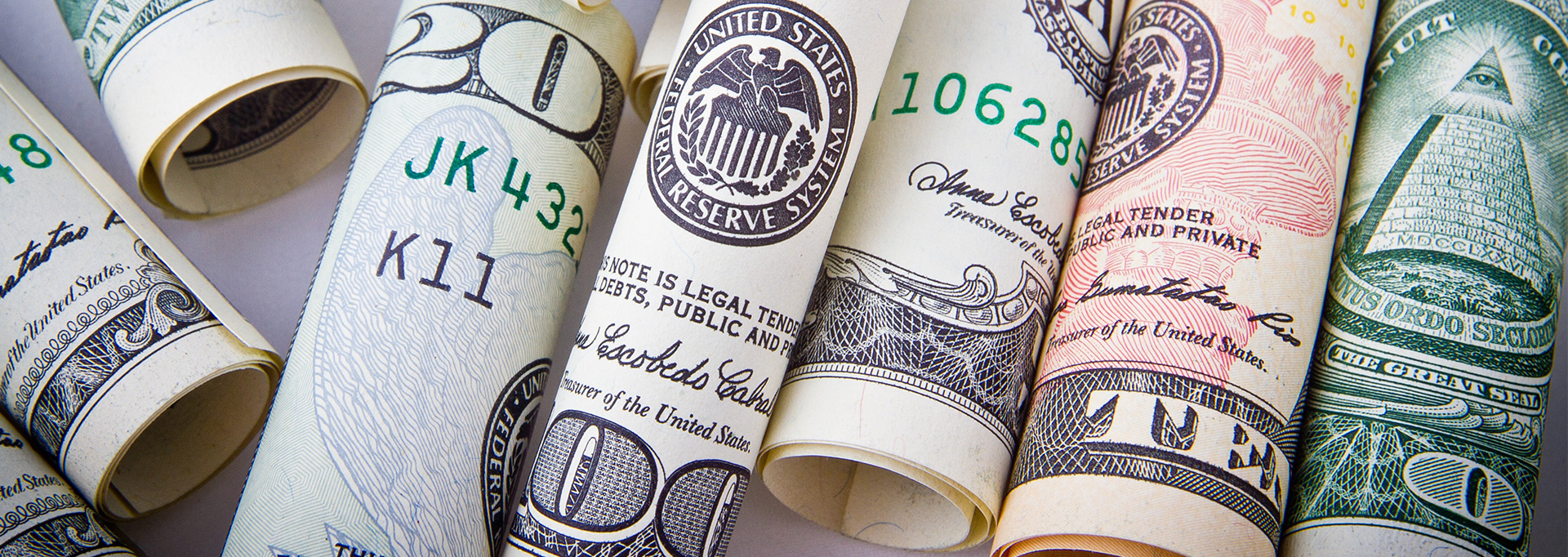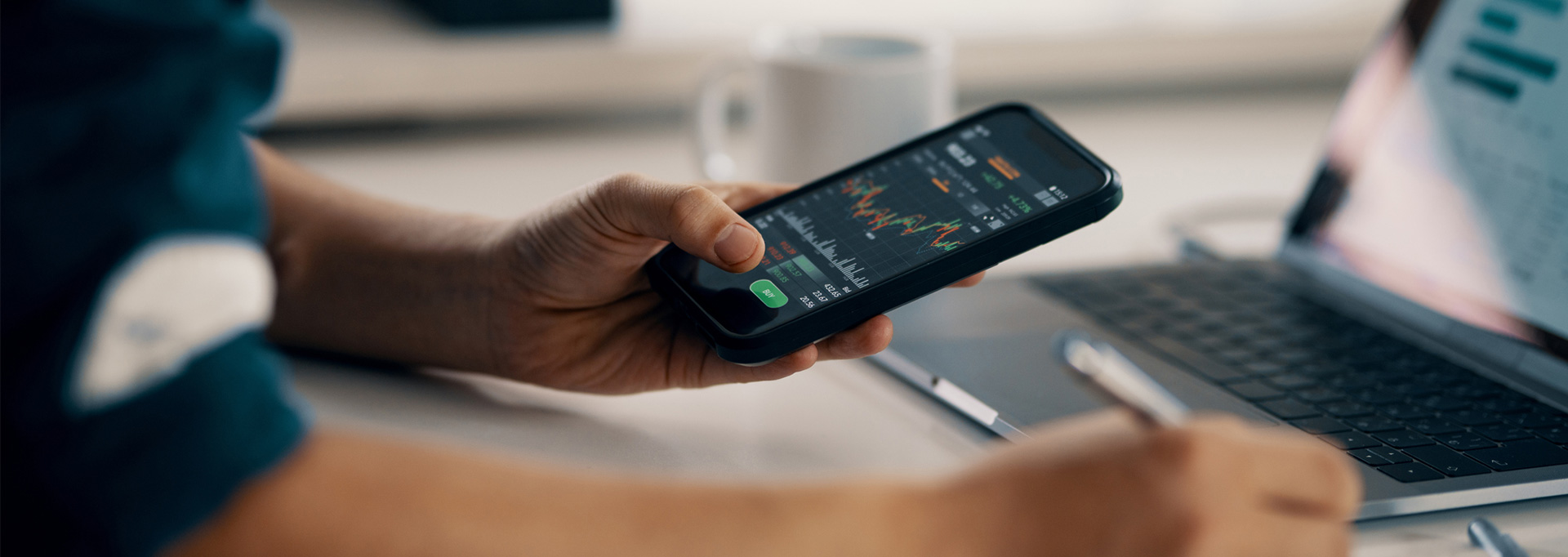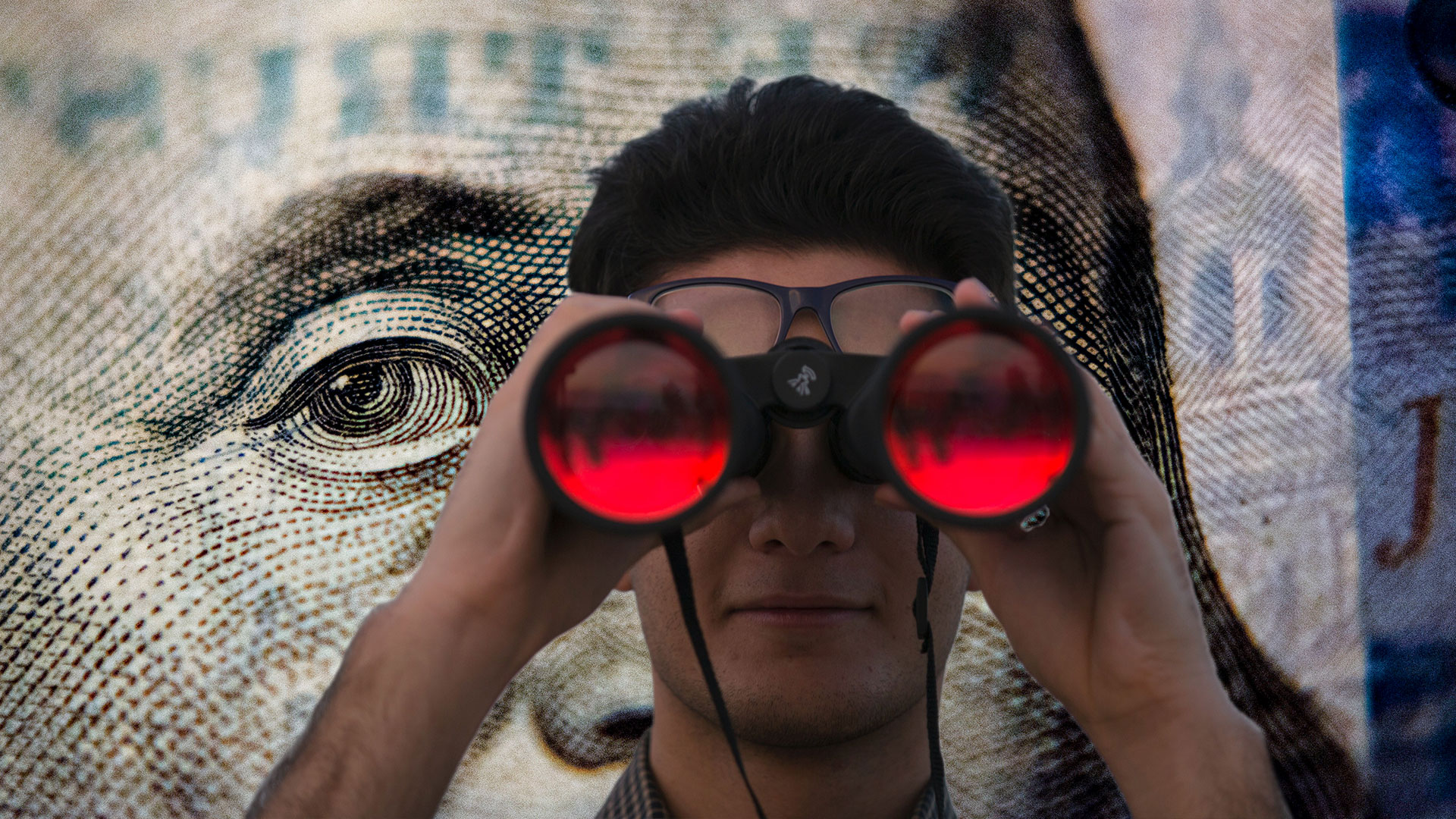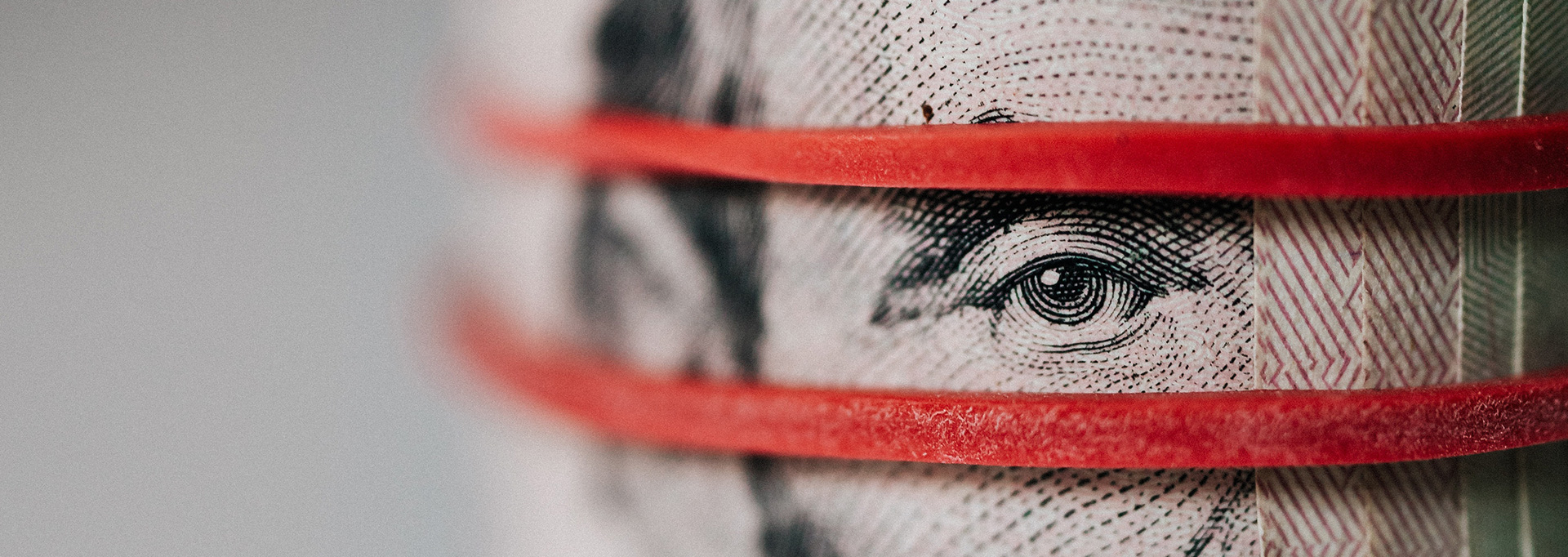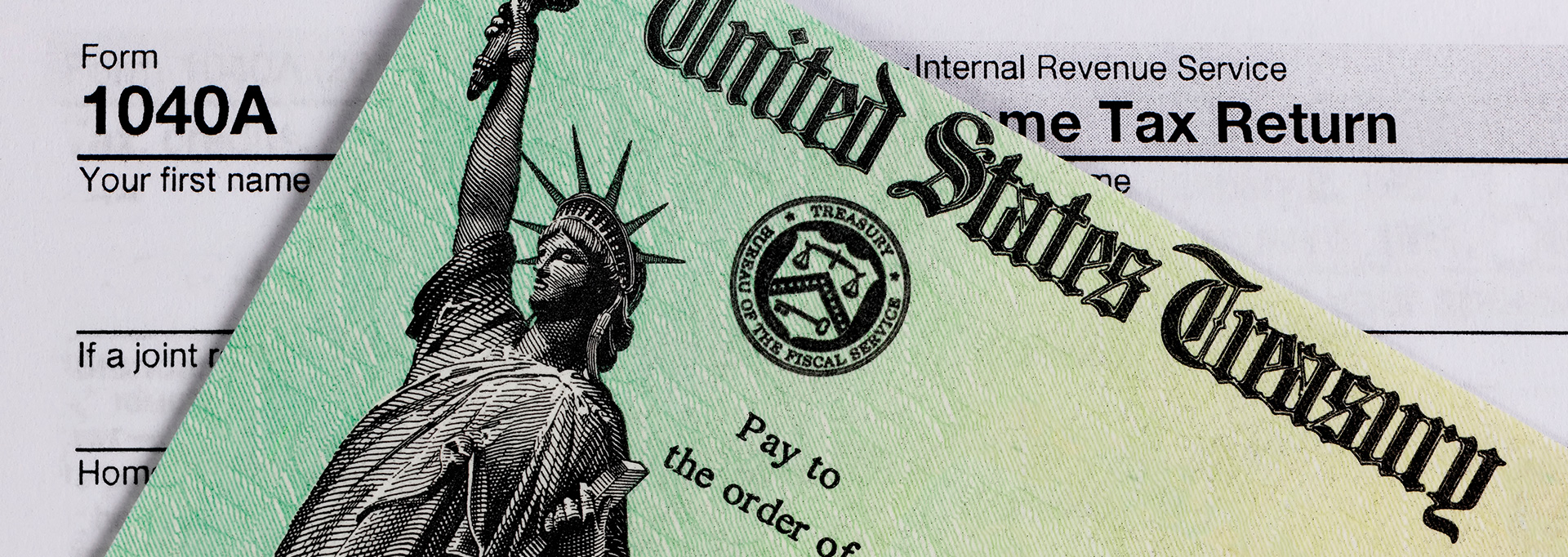Most products on this page are from partners who may compensate us. This may influence which products we write about and where and how they appear on the page. However, opinions expressed here are the author's alone, not those of any bank, credit card issuer, airline or hotel chain.
Interest rates have been in the news a lot lately thanks to the cost of borrowing getting more expensive. Yet there’s another reason interest rates have been dominating the headlines. When the Federal Reserve increases the federal funds rate to fight inflation, many banks end up paying higher interest rates to their customers.
Some banks are offering higher annual percentage rates (APYs) than others, so many consumers are evaluating whether they’re banking with the best financial institution for their needs. If your bank isn’t paying you enough interest, check out these three tactics might help your savings reach its full potential.
Recommended High-Yield Savings Accounts
| Bank Account | APY | Features | Learn More |
|---|---|---|---|
|
|
5.25%
UFB Direct breaks balances into five tiers, but, currently, there is only one interest rate. |
No minimum deposit |
Open Account |
|
|
0.50% - 4.60%
Customers earn 4.60% APY on savings balances when they set up recurring monthly direct deposit of their paycheck or benefits provider via ACH deposit. Alternatively, deposit at least $5,000 each month to earn 4.60% APY on your savings balance. Checking balances earn 0.50% APY |
No minimum deposit |
Open Account |
|
|
5.05%
Earn 5.05% APY on balances over $5,000. Balances of less than $5,000 earn 0.25% APY. Annual Percentage Yield is accurate as of July 27, 2023. Interest rates for the Platinum Savings account are variable and subject to change at any time without notice. |
$100 minimum deposit |
Open Account |
|
|
4.65%
Annual Percentage Yield is accurate as of July 27, 2023. Interest rates for the Savings Connect account are variable and subject to change at any time without notice. |
$100 minimum deposit |
Open Account |
1. Compare Rates and Switch Banks
If you’re trying to earn higher interest rates on the money you have in savings, it’s a good idea to research the rates other financial institutions are offering their customers.
According to the Federal Reserve, the average APYs in October 2023 were:
- Savings accounts: 0.46%
- Money market accounts: 0.65%.
- Certificates of deposit: 0.22%-1.79% (depending on term length)
However, many of the best online banks and other financial institutions offer interest rates that far exceed the national average.
The right account for you depends on the APY, but also on your financial needs:
- Best CDs: Great if you know you can lock up your funds for a set period of time in exchange for a fixed interest rate
- Best high-yield savings accounts: A good fit if you want flexibility to withdraw money from time to time and don't mind if the APY fluctuates
- Best money market accounts: A nice option if you want a mix of high APY and some benefits of a checking account.
The interest rates a bank or credit union offers aren’t the only details to pay attention to when you’re considering a new account. also review fees, customer service and other features.
2. Open Accounts at Multiple Banks
Changing financial institutions can be an involved process, especially if you have direct deposits scheduled or automatic payments scheduled to creditors. Thankfully, switching banks isn’t your only option when it comes to finding low-risk ways to earn more money on your savings.
You could consider opening accounts at more than one bank to increase your earning potential. This solution might be a good fit if you want to earn more interest on your savings but aren’t ready to completely change your banking setup.
Quick Tip
You might continue using your primary checking account at your current bank but open a high-yield savings account elsewhere to take advantage of a higher APY or a generous bonus.
Keeping cash in more than one bank has other potential advantages such:
- Avoid the temptation to spend your emergency fund when you keep your savings at a different bank.
- When you choose safe banks that are members of the Federal Deposit Insurance Corporation, FDIC insurance covers up to $250,000 of your deposits (for each account ownership category) at each bank you u
se.
3. Consider Alternative Saving Strategies
A third strategy is to switch up your saving strategies. Don’t assume that just because you’ve saved your money a certain way in the past that your previous approach is necessarily the best option. For example, many people are used to keeping their cash in a traditional checking or savings account.
If you fall into this category, you could consider branching out to open one of these account types:
- High-yield savings accounts: Typically found with online banks, these accounts have the potential to earn a lot more interest.
- Money market accounts: Some offer high APYs, along with some of the benefits of checking accounts.
- Certificates of deposits: If you can afford to lock away some of your cash for a few months or longer, CDs offer fixed interest rates and low-risk APYs.
- CD laddering: And if you’re worried about missing out on potentially higher interest rates in the future, you could give the CD laddering savings strategy a try.
- Investment accounts: If you’re saving for long-term goals like retirement, thoughtful investing is often a good approach to growing your nest egg. But you may want to consult with a trusted financial advisor for guidance on how to set up a diversified portfolio to best suit your needs.
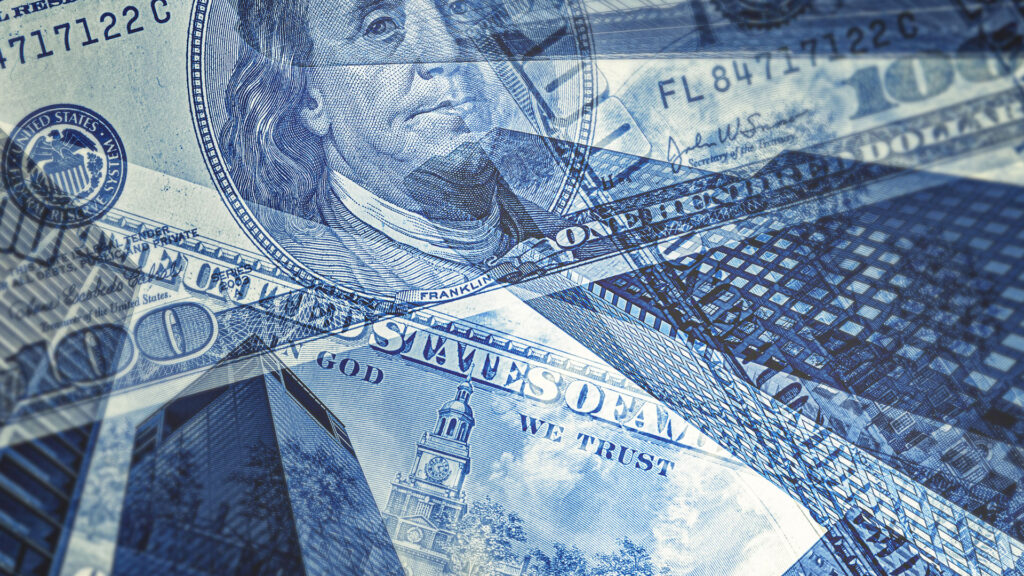 Related Article
Related Article
Best High-Yield Savings Accounts (April 2024)
Bottom Line
Whether you’re keeping cash in the bank for emergencies or you’re saving for short-term financial goals, it’s wise to make sure your money is earning the most interest possible. It can take a bit of legwork to switch banks. However, if you have a decent-sized savings balance (or you plan to grow one), changing banks or opening an additional account that offers a generous APY could be well worth the effort in the long run.

